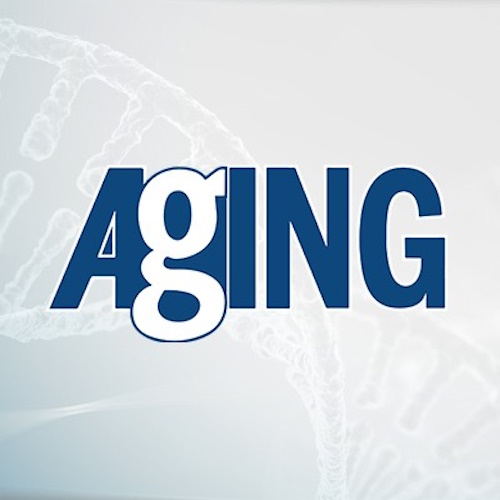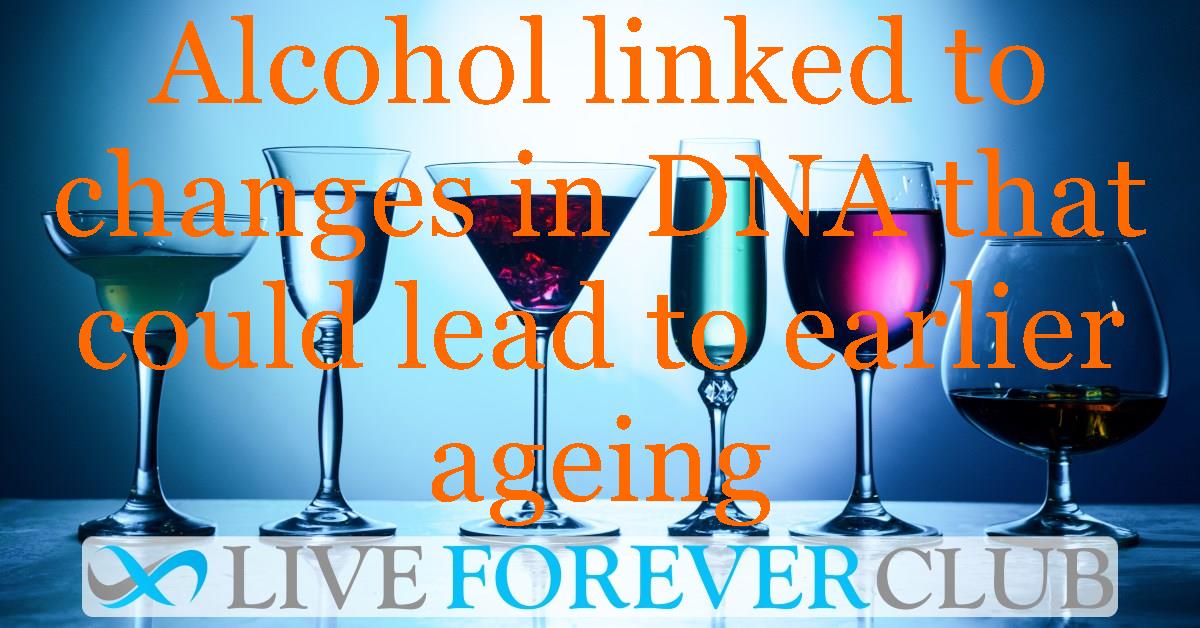We all know the immediate effects of a night out drinking: laughter, maybe some questionable dance moves, and, often, a morning-after hangover. But how does alcohol consumption impact our health in the long run? The relationship between drinking and health, including its links to cardiovascular disease and cancer, has always been a topic of heated debate.
A recent study published in the journal "Aging" has unveiled some surprising insights into how alcohol might be affecting us on a cellular level.
Most of us are familiar with the Centers for Disease Control and Prevention (CDC) warnings about excessive alcohol use, including binge drinking, heavy drinking, and underage drinking. However, the complexity of alcohol's effect on health goes beyond these obvious risks.
The Study: Alcohol and Epigenetic Age Acceleration
Researchers from Boston University School of Public Health and Northwestern University Feinberg School of Medicine set out to investigate the relationship between alcohol consumption and epigenetic age acceleration.
Epigenetic Age Acceleration refers to the rate at which our DNA ages compared to our chronological age. If your DNA is ageing faster than you are, it means your cells are older than your actual age, potentially leading to earlier onset of age-related diseases.
Methodology
The research team collected data from various age groups and analysed the DNA of participants who reported varying levels of alcohol consumption. They focused on specific markers in the DNA that are indicative of ageing and compared these markers with the participants' chronological age and reported alcohol intake.
Results
The findings were both enlightening and concerning:
There was a clear association between regular alcohol consumption and faster epigenetic age acceleration.
This acceleration was observed across different age groups, suggesting that alcohol's impact on DNA ageing is not limited to specific demographics.
One of the most striking aspects of the study was that this acceleration in DNA aging was observed consistently across various age groups. This means that it's not just heavy drinkers in their youth or older individuals who are at risk. The impact of alcohol on DNA ageing seems to be universal, irrespective of age.
Often, in health studies, specific risk factors are limited to particular age or demographic groups. However, the universal nature of this finding suggests that the effects of alcohol on DNA aging are a broad concern that can't be isolated to just one subset of the population.
The results of this study add a new dimension to our understanding of alcohol's long-term effects on our health. If alcohol is causing our DNA to age faster, it could potentially lead to the earlier onset of age-related diseases and conditions.
These findings are crucial in guiding future research efforts. The next steps will involve exploring the mechanisms behind alcohol-induced DNA ageing and identifying potential interventions to mitigate the risks associated with alcohol consumption.
Conclusion
This groundbreaking study provides valuable insights into the unseen effects of alcohol on our cells and DNA. While enjoying a drink in moderation is part of many cultures, being informed about the potential long-term impacts on our health is essential. As we await further research in this area, the key takeaway is to be mindful of our drinking habits and prioritise our health and well-being.








